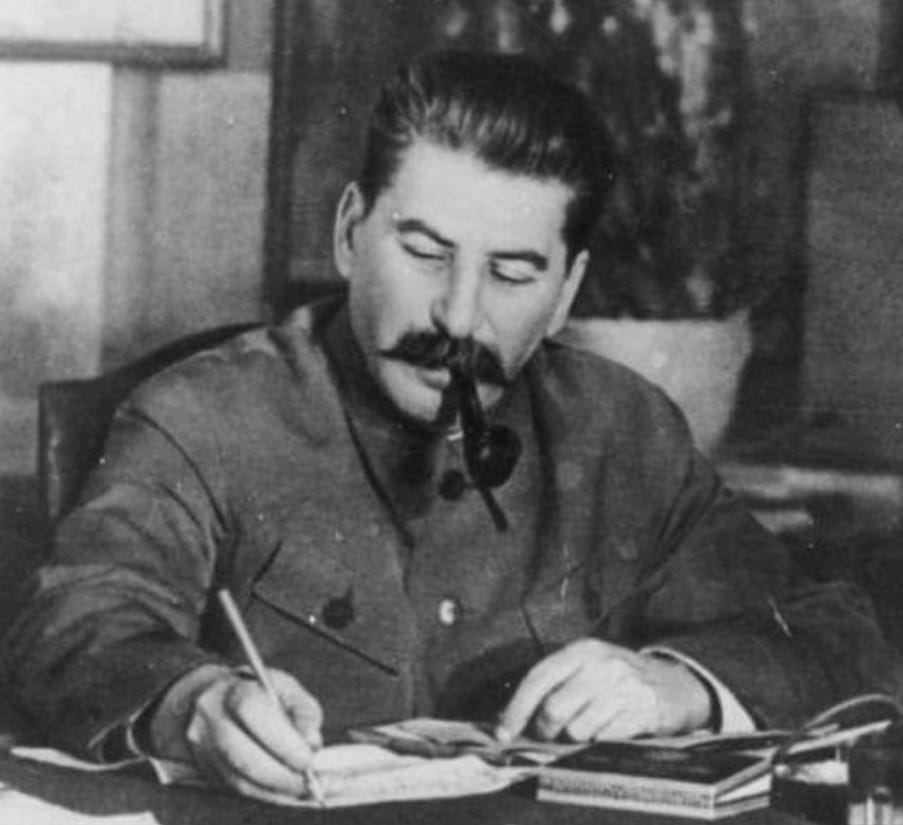"A single death is a tragedy; a million deaths is a statistic."
Joseph Stalin
Joseph Stalin, born on December 18, 1878, was the leader of the Soviet Union from the mid-1920s until his death in 1953. Stalin, whose real name was Iosif Vissarionovich Dzhugashvili, was one of the most influential and controversial figures of the 20th century. His rule was marked by rapid industrialization, the collectivization of agriculture, and the consolidation of absolute power through widespread repression, including purges, forced labor camps (Gulags), and state-sponsored terror.
This chilling statement reflects Stalin's ruthless pragmatism and his willingness to use extreme measures to achieve his political and ideological goals. The quote suggests a callous disregard for individual human life, emphasizing how mass suffering and death can be abstracted into mere numbers when viewed from a position of power. This perspective was tragically evident during Stalin's regime, particularly during the Great Purge of the 1930s, where millions of people were executed, imprisoned, or exiled on charges of counter-revolutionary activities, often without any real evidence.
Stalin's rule was characterized by a cult of personality, where propaganda portrayed him as the "Father of Nations" and a benevolent leader guiding the Soviet Union toward communism. However, behind this carefully crafted image was a leader who was deeply paranoid and obsessed with maintaining his grip on power. His policies led to immense human suffering, including the forced collectivization of agriculture, which resulted in widespread famine, most notably the Holodomor in Ukraine, where millions of people starved to death.
The quote also highlights Stalin's understanding of how large-scale tragedies can become impersonal when they are reduced to statistics, making them easier to justify or ignore. This detachment from the human cost of his policies allowed Stalin to pursue his vision of a socialist state without regard for the immense suffering it caused.
Despite the brutality of his regime, Stalin was also responsible for transforming the Soviet Union into a global superpower. Under his leadership, the USSR rapidly industrialized and played a crucial role in the defeat of Nazi Germany during World War II. However, this came at an enormous cost, both in terms of human lives and the repressive measures that defined Soviet society during his rule.
Stalin's legacy is complex and deeply controversial. He is remembered as a leader who was instrumental in shaping the modern world, but also as a tyrant whose actions led to the deaths of millions. His quote about tragedy and statistics serves as a stark reminder of the dehumanizing effects of totalitarianism and the dangers of unchecked power. Stalin's impact on history is undeniable, and his rule continues to be a subject of intense study and debate, symbolizing both the achievements and the horrors of 20th-century communism.


